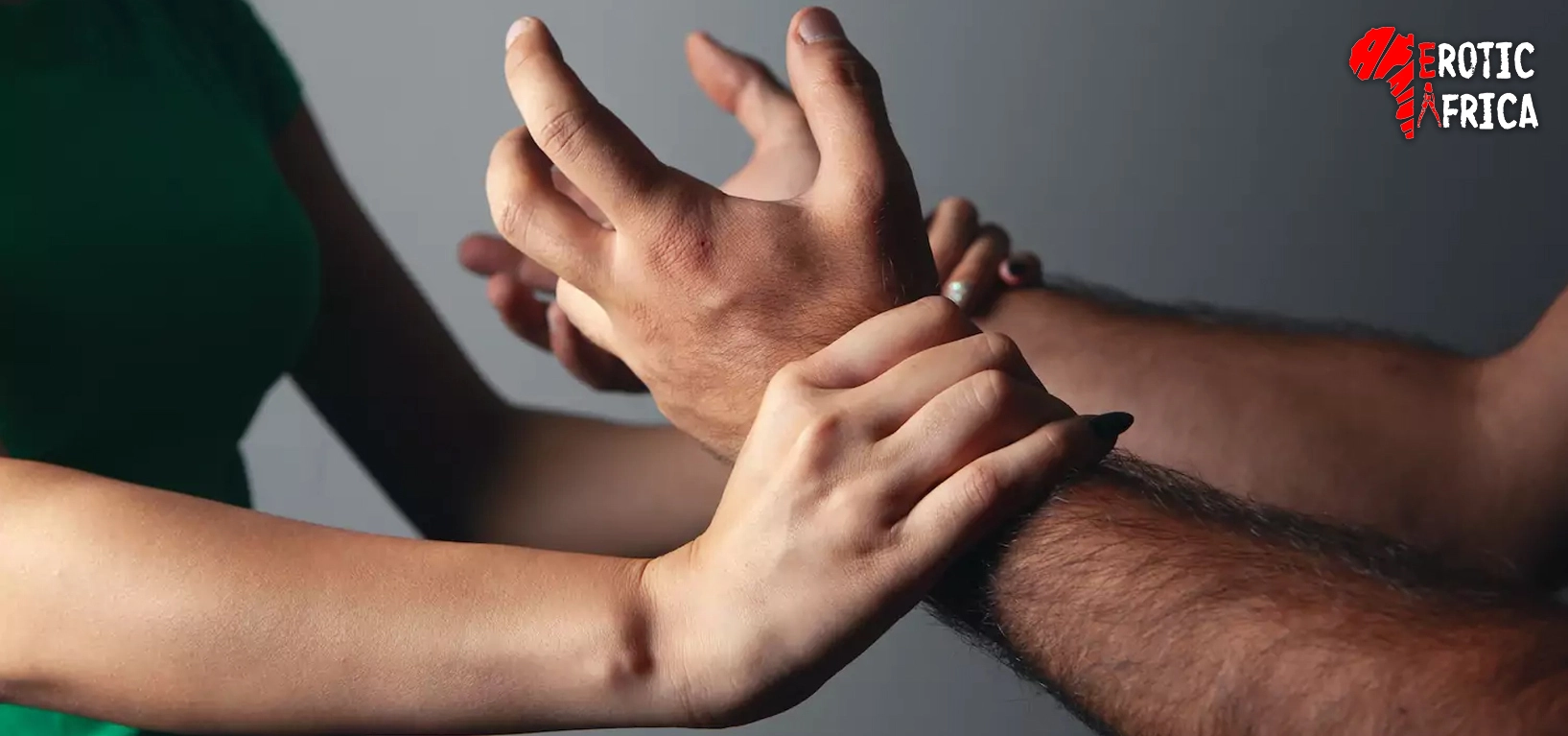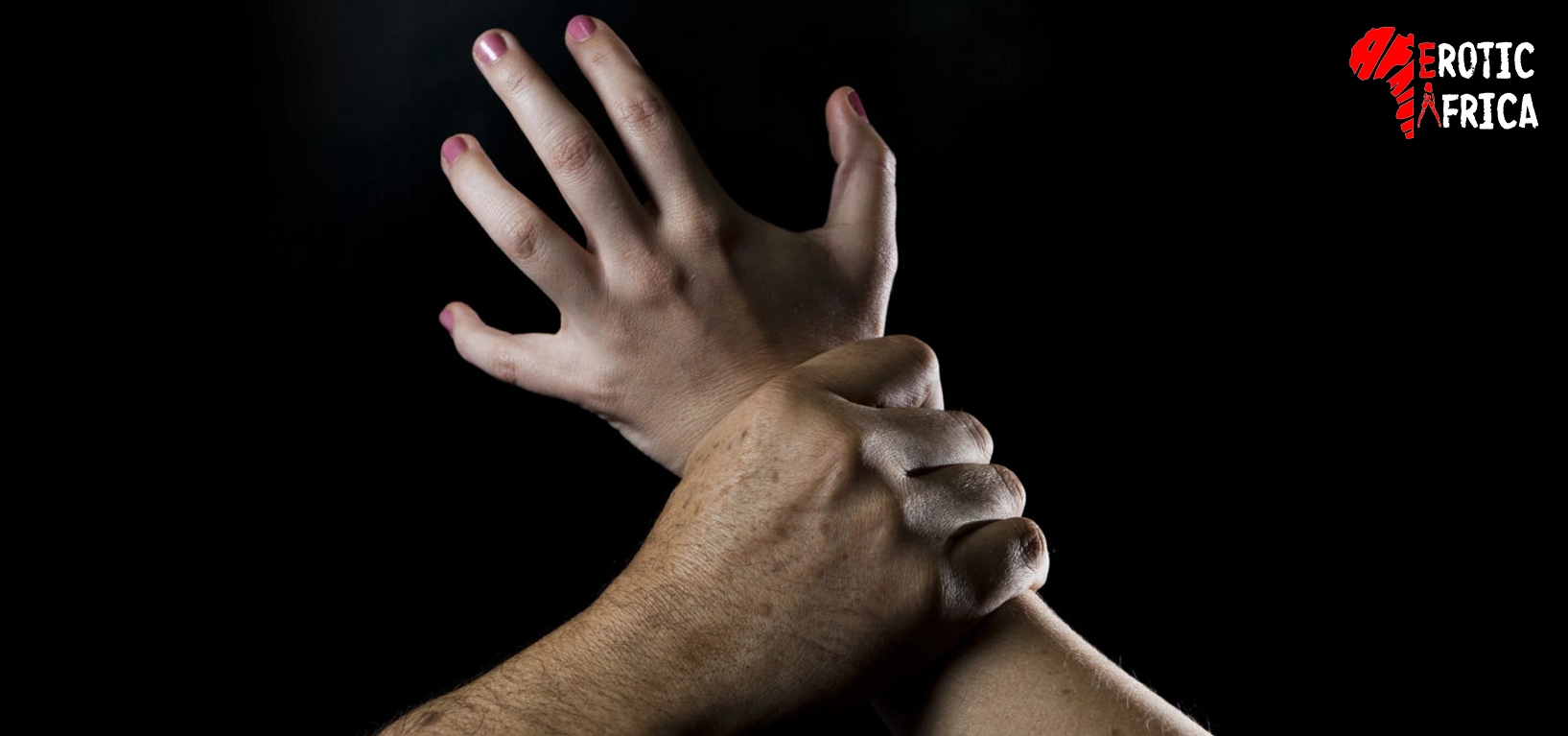Warning Signs of Sexual Abuse in Marriage
Page Contents
What Is Sexual Abuse in Marriage?
Sexual abuse in marriage involves any sexual activity that occurs without the explicit consent of one partner. It is a form of domestic violence and can include various behaviors, from physical force to psychological manipulation. Importantly, sexual abuse is not limited to rape; it encompasses any unwanted sexual activity or coercion.
Sexual abuse can occur in any relationship, including marriage. Many people believe that marital sex is always consensual, but this is not true. According to the National Coalition Against Domestic Violence, 1 in 10 women have experienced sexual assault by an intimate partner. Regardless of marital status, sex should always be consensual. Saying “no” means “no,” even within a marriage.
Being married does not mean a spouse has the right to sex at any time. Sexual abuse includes any unwanted sexual activity, not just rape or forced sex. Many people in abusive relationships may not recognize the abuse, believing it is a normal part of marriage or their duty as a spouse.
Understanding Consent
Consent must be clear, voluntary, and ongoing. It cannot be assumed based on marital status or past sexual activity. Each instance of sexual activity should involve mutual agreement. A person’s right to refuse or withdraw consent at any time is absolute, regardless of their relationship with the other person.
Recognizing Sexual Abuse in Marriage
Sexual abuse can be challenging to identify, particularly because it often occurs alongside other forms of abuse. Here are key indicators that may suggest sexual abuse in a marriage:
Signs and Symptoms:
-
Emotional Distress
- Victims may exhibit anxiety, depression, or a sense of worthlessness. They might also become withdrawn or fearful.
-
Physical Symptoms
- Unexplained injuries, pain during sexual activity, or symptoms of sexually transmitted infections (STIs) can be signs of sexual abuse.
-
Behavioral Changes
- Victims may change their behavior, such as avoiding intimacy or showing increased anger or distress around sexual topics.
Emotional and Psychological Effects:
-
Mental Health Issues
- Victims often experience anxiety, depression, post-traumatic stress disorder (PTSD), or other mental health challenges.
-
Self-Esteem
- Continuous abuse can erode a person’s self-worth and self-esteem, leading to a diminished sense of personal value.
Impact on the Relationship:
-
Trust Issues
- Sexual abuse can severely damage trust within the relationship.
-
Intimacy Problems
- It can lead to a lack of intimacy and emotional connection between partners.
Why Some Spouses Might Not Recognize It as Sexual Abuse
Being sexually assaulted by a spouse can feel like a betrayal of trust. It is confusing and distressing to experience such behavior from someone you love. Reasons victims might not see this as sexual abuse include:
-
Loyalty to Their Spouse
- Victims may not want to speak negatively about their partner or admit there is a problem.
-
Misconceptions About Marital Duty
- Some believe that marriage means they must always have sex, even if uncomfortable. This is not true. Consent is essential, regardless of marital status.
-
Coercion and Fear
- Spouses may use intimidation or manipulation to pressure their partners into sex, making victims feel responsible for the abuse.
-
Inexperience
- Some victims might not recognize abusive behavior if they lack experience or role models for healthy relationships.
-
Cultural or Religious Beliefs
- Certain cultures or religions may perpetuate the idea that one spouse should be submissive.
Sexual abuse by a partner can cause significant mental and physical harm, just like abuse by a stranger. It is crucial to understand that marital rape is illegal in all U.S. states. If you recognize any of these behaviors in your relationship, it may be a sign of sexual abuse.

You do not have to endure this abuse. Seek help, create a safety plan, and explore your options for leaving the abusive situation. There is support available, and you can reclaim your independence and live a healthier, safer life.
Steps to Take If You or Someone You Know Is Experiencing Sexual Abuse
If you suspect that you or someone you know is experiencing sexual abuse in a marriage, it is crucial to take action. Here are steps to consider:
Seek Help and Support:
-
Reach Out to Trusted Individuals
- Talk to friends, family members, or counselors who can offer support and guidance.
-
Professional Help
- Consider speaking with a mental health professional or therapist who specializes in domestic violence or sexual abuse.
Develop a Safety Plan
-
Create a Plan
- Develop a safety plan that includes steps to take in case of an emergency, such as where to go or whom to contact.
-
Document Abuse
- Keep records of any abusive incidents, including dates, descriptions, and any physical evidence.
Legal and Protective Measures:
-
Contact Authorities
- Report the abuse to the police or relevant authorities. Marital rape and sexual abuse are illegal in all U.S. states.
-
Legal Protection
- Explore legal options, such as restraining orders or other protective measures, to ensure your safety.
Consider Counseling and Support Services
-
Support Groups
- Join support groups for survivors of sexual abuse to connect with others who have experienced similar situations.
-
Educational Resources
- Utilize educational resources to understand your rights.
How Sexual Abuse Can Affect Future Relationships
Sexual abuse has profound and enduring effects on an individual’s future relationships. The trauma experienced can shape one’s emotional responses, trust levels, and overall approach to intimacy, influencing how one interacts with new partners and navigates romantic connections.
Emotional Impact and Trust Issues
Individuals who have experienced sexual abuse often carry deep emotional scars that can affect their future relationships. Trust, a fundamental component of any healthy relationship, is frequently compromised. Victims may find it challenging to trust new partners due to fears of betrayal or reoccurrence of abuse. This lack of trust can manifest as suspicion, anxiety, or excessive vigilance, which can strain new relationships and create an atmosphere of insecurity.
Emotional wounds from abuse can also lead to difficulties in forming and maintaining healthy bonds. Victims might struggle with feelings of unworthiness or fear of being judged, leading them to either withdraw from potential partners or enter relationships with significant emotional barriers.
Intimacy and Communication Challenges
The impact of sexual abuse extends to intimacy and communication in future relationships. Individuals may have heightened sensitivity or discomfort with physical touch and sexual activity, which can affect their ability to connect with new partners. This discomfort may stem from associating intimacy with trauma rather than pleasure and connection.
Effective communication can also be hindered. Victims of sexual abuse might struggle to openly express their needs, boundaries, or desires due to fears of being misunderstood or dismissed. They may also avoid discussing past traumas, which can prevent new partners from understanding their experiences and needs.
Patterns of Behavior and Relationship Dynamics
Sexual abuse can lead to the development of unhealthy relationship patterns. For instance, some individuals may unknowingly recreate abusive dynamics, believing that such behaviors are normal or unavoidable. They might also struggle with setting boundaries, either allowing others to overstep them or becoming overly rigid in their demands.
Alternatively, some individuals might become overly cautious or controlling in their relationships, stemming from a desire to prevent any situation that could lead to re-traumatization. These behaviors can create imbalance and tension, making it difficult to build or sustain a healthy relationship.
Self-Esteem and Relationship Choices
The effects of sexual abuse on self-esteem are significant. Victims often grapple with feelings of shame, guilt, or inadequacy, which can influence their relationship choices. They might settle for less than they deserve or enter relationships that reinforce their negative self-perceptions. Alternatively, they might have difficulty accepting love and support from partners, fearing that they do not deserve such affection or that it will be taken away.
Healing and Recovery
Despite these challenges, many individuals who have experienced sexual abuse can work towards healing and developing healthy future relationships. Therapy and counseling are crucial in addressing trauma, building self-esteem, and learning to establish trust and intimacy in a safe and constructive manner. Support groups and open conversations with understanding partners can also aid in the healing process.
Engaging in self-care and setting healthy boundaries are important steps towards recovery. It is essential for individuals to recognize their worth and seek relationships that respect and nurture their needs.
In Conclusion
Sexual abuse in marriage is a grave issue that deserves attention and intervention. It is crucial to recognize that consent is a fundamental aspect of any sexual relationship and that marital status does not negate the need for consent. By understanding the signs of sexual abuse, acknowledging its implications, and knowing how to seek help, victims can take the first steps toward healing and reclaiming their safety and well-being.
If you or someone you know is experiencing sexual abuse, remember that support is available, and you do not have to face this alone. Taking action, seeking help, and understanding your rights are essential steps toward ensuring a safer and healthier future. Sexual abuse, whether from a stranger or a partner, is a serious crime and should be addressed with the urgency and care it deserves.
 1430
1430

